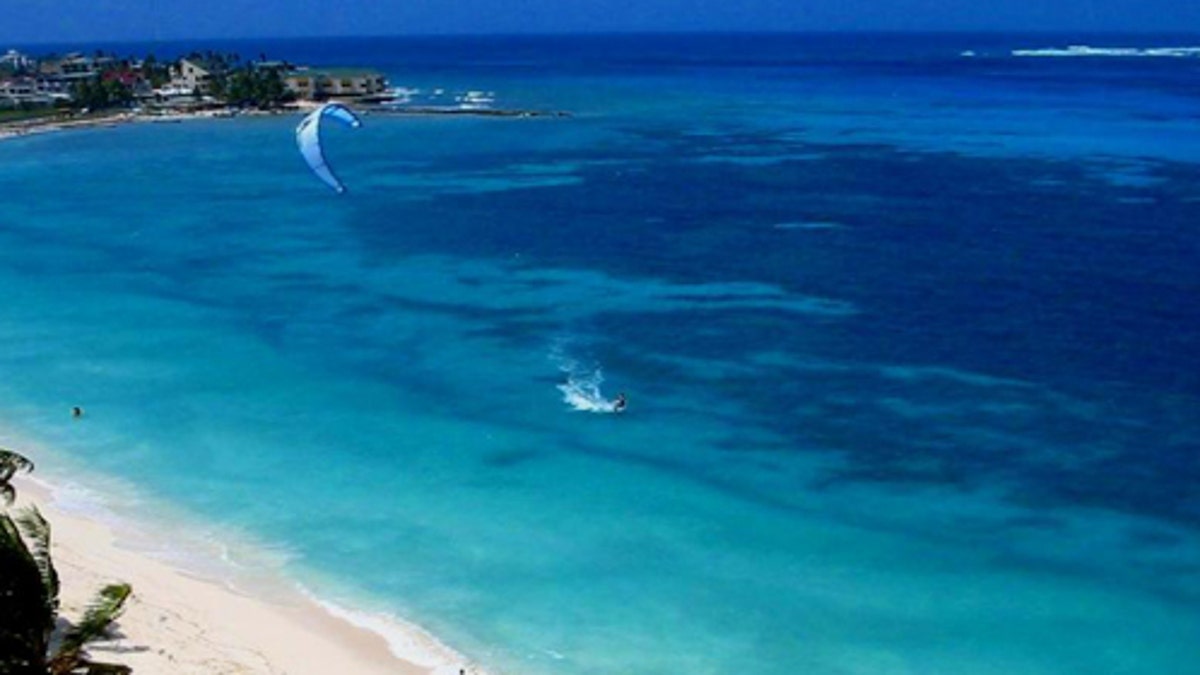
Bogotá, Colombia – There are fears that the political standoff between Colombia and Nicaragua could grow even more tense as the two nations bicker over who is the rightful owner of a large swath of water in the western Caribbean.
So far, the two countries have engaged in a bureaucratic chess game as the government leaders flex their political muscle, with military ships from both countries being sent to the disputed area.
While the International Court of Justice at The Hague ruled on November 19 that Colombia does in fact own the regional islands of San Andres, Providencia and Santa Catalina, it gave the expanse of some 120 square kilometers of oil-rich ocean to Nicaragua. Colombia, which has long fought to keep the area, has rejected the decision and officially left the Bogotá Pact, a 1948 treaty which recognizes ICJ rulings to find peaceful solutions to these types of conflicts.
The country claims that by rebuffing the pact, it does not have to follow the decision. But Nicaraguan President Daniel Ortega supports the court and says his navy is now “exercising sovereignty in all territory.”
Ortega and Colombian President Juan Manuel Santos are expected to meet over the dispute on Saturday in Mexico City, during the inauguration of the incoming Mexican President Enrique Peña Nieto.
Many see the 2001 suggestion of former Colombian President Alvaro Uribe to let the court decide the dispute as a mistake – they think he was too confident that Colombia would retain the area. And now Colombia may be in a legal bind.
“That area has always been ours,” says Nicolas Forero, a San Andres native. “And no matter what that court says, we can’t allow more of our property to be lost.”
Santos sent a letter to the United Nations to protest the recent ruling. The Colombian foreign minister warned that he and his leadership" terribly deplore the court's decision and we will not resign ourselves to what has happened."
This conflict now opens up a discussion among the international community about the power of the world court system and whether nations are bound to follow it.
The court's decision affecting the San Andres and Providencia archipelago is final and not subject to appeal
“Although I really think that the territory belongs to us and the ruling is unfortunate, we need to live with the court’s decision,” explains Alberto Yara, a Colombian lawyer. “It’s right to lead by example.”
Nicaragua, who after the ruling said it would begin oil exploration in the area, does not intend to give up its fight.
The fight over the area dates back to 1928 when a joint treaty established that Colombia owned the islands, which are actually in closer proximity to Nicaragua. The islands were part of the territory Colombia kept after Panama ceded from the Republic of Gran Colombia.
The agreement for Colombia to keep the area was cited in a UN court in 2007, when the Central American country pressed the issue. Nicaraguan lawyers argued that it granted oil exploration concessions to Colombia for an area of the seabed in the late 60s, thus showing it already had control of the waters. But the court rejected that argument, again referring to the old pact and reiterating that the islands belong to Colombia.
Those waters are valued for potential oil and gas deposits beneath them, and Santos, under pressure from environmentalists, had announced a moratorium on exploratory drilling in them.
The big losers in this battle, some say, could be San Andres’ fishing industry. Because of the new territorial borders, there’s fear that Nicaragua could charge Colombian fisherman a large tax to use the waters – though Ortega claims he will sign treaties that will allow them to “continue their fishing, nourishing their families and their communities."
Another big concern is how possible oil resources may be exploited in the ocean. While Santos has already given in to demands to stop exploration there, Nicaraguan control could change all that.
And though pressure from environmentalists would be tough for Ortega’s administration, so would the Colombian government’s reality that a boost to an already profitable industry may be lost.
"In my opinion, although [Santos] may say that they no longer are going to recognize the jurisdiction of the court, it doesn't really matter," says Matthew Brotmann, a professor of international law at Pace University Law School in the United States said. "Countries can't really pick and choose what parts of a treaty that they've already ratified they want to be held to."
The Associated Press contributed to this report.
